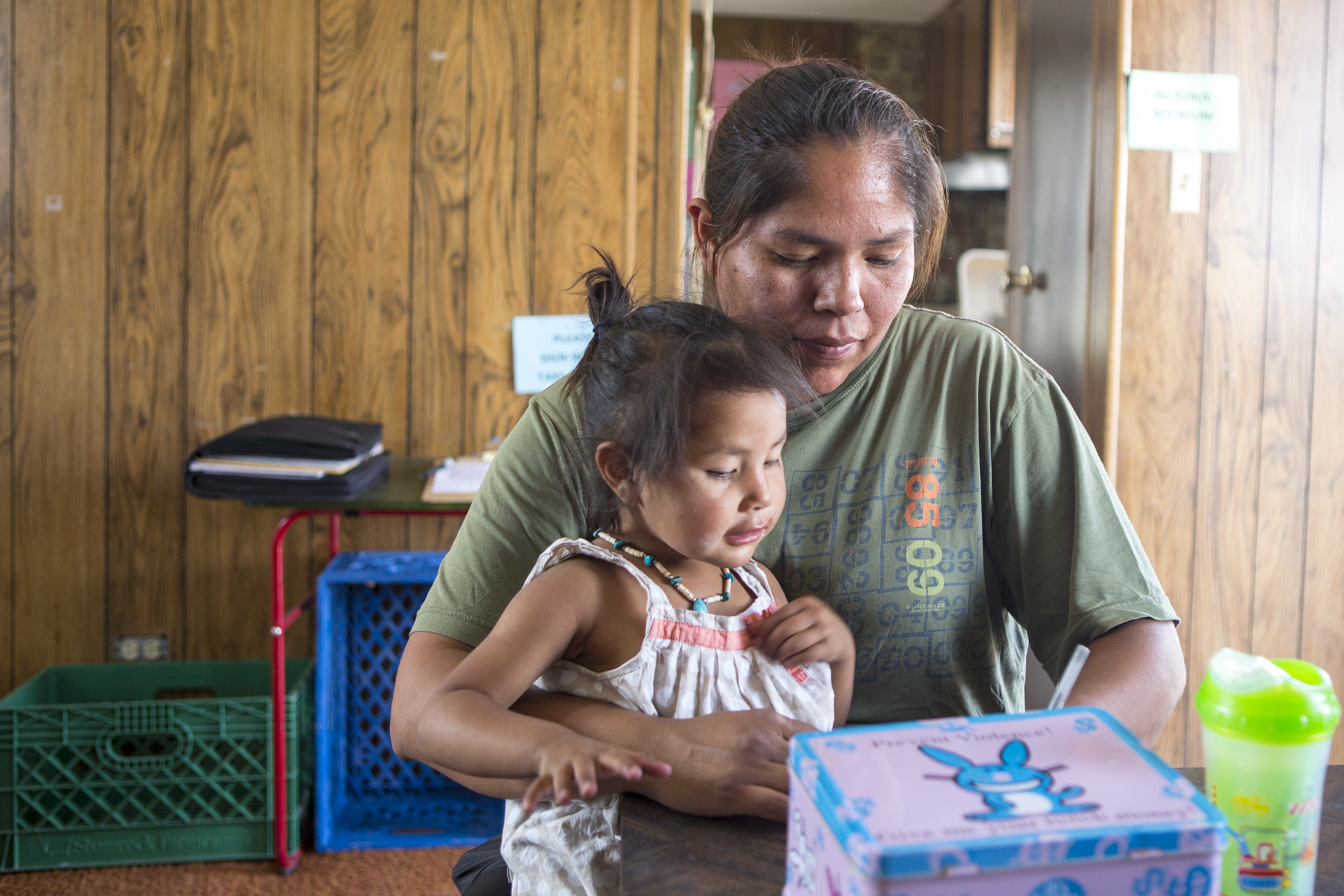MAZON’s Emerging Advocacy Fund (EAF) invests in cohorts of on-the-ground organizations in the most food insecure states in the country to make meaningful change. Grantee partners use the multi-year funding to build or expand their capacity to fight hunger. Our grants support policy analysis, community organizing, coalition building, statehouse lobbying, administrative advocacy, and more. The EAF bolsters the work that really matters in these regions.
Since 2017, MAZON has made 38 EAF grants in 15 US states and Puerto Rico. This year, we are excited to expand our partnership grants into 4 new states: Florida, Georgia, Alaska, and Hawai’i. With our strategic investment, a new group of advocates will launch new initiatives for food justice. While each state faces unique issues, we see barriers to food access that are present across our current and new network of grantees.

For the last year and a half, MAZON conducted environmental scans to build our familiarity with the issues in Florida, Georgia, Alaska, and Hawai’i. Through data and policy analysis, we built a deep understanding of the local advocacy landscape by identifying more than 150 organizations in these states and conducting more than 50 interviews with various advocates and experts. These steps allow us to partner with organizations to achieve tangible progress.
By investing in our communities, we have strengthened safety nets, offering a path out of poverty. In Nebraska, our grantee partners passed legislation to raise the income limit on SNAP and address the “cliff effect.” Before this change, a family of four earning $45,000 a year was considered too wealthy to receive help. MAZON’s grantee partners in Louisiana achieved an even higher income limit and are working with state agencies to remove barriers to accessing the nutrition safety net.
Both of these organizations credit MAZON’s support as being critical to their effort, sharing: “We are drinking from a firehose. MAZON’s partnership grant built our safety net team and the administrative advocacy arm of our organization. It changed the course of the Louisiana Budget Project.” Other partners continue to work for the equitable distribution of federal pandemic relief, to undo barriers to SNAP like drug felony bans, and more.
In Florida and Georgia, SNAP participation is relatively high among eligible individuals. However, too many low- wealth Black, Brown and white households across our country are ineligible for SNAP due to policy decisions that do not reflect the real-life challenges and economic structures facing working and low-wealth families.
Advocates in Alaska and Hawai’i struggle with the remoteness of their states and the challenges this geographic reality presents to child nutrition programming. Hawai’i served zero federally-reimbursed afterschool meals in 2020. Outside of Anchorage Public Schools, the largest school district in Alaska, afterschool and summer meals are almost impossible to manage without deficits, in large part due to the high cost of
food and woefully inadequate level of federal funding for meals. At the same time, Native Alaskans and Hawai’ians face unique challenges relative to their non-Native neighbors, including their right to subsist.
We are excited for this new round of EAF partnership grants and to work alongside new advocates to end hunger for our neighbors everywhere.
